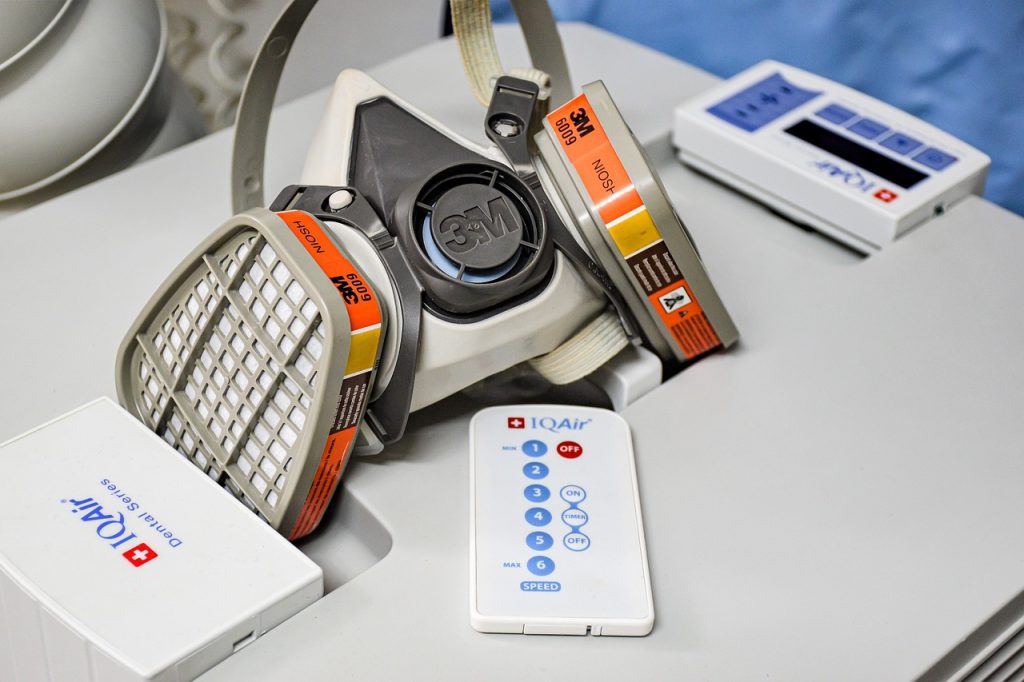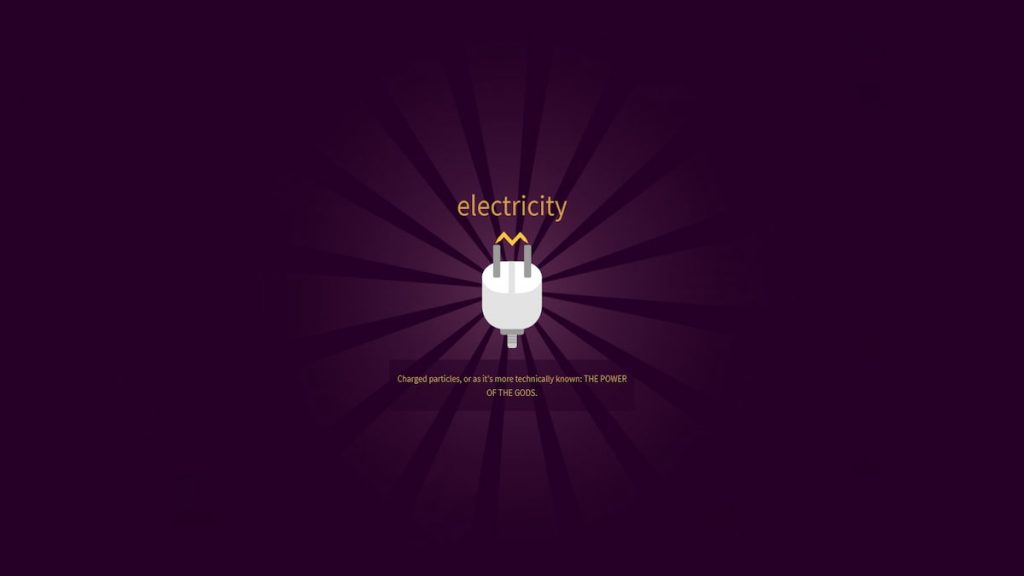In today’s fast-paced and modern world, air pollution has become a major concern. The air we breathe is contaminated with harmful particles and toxins, posing a serious threat to our health and well-being. As a result, the demand for air purifiers has drastically increased, making it a popular household item.
However, with so many options available in the market, selecting the right air purifier can be a daunting task. The key to choosing a better air purifier lies in understanding your specific needs and preferences. In this article, we will guide you through the essential factors to consider when making this important purchase.
From the type of filter to the room size, we will provide you with a comprehensive guide on how to choose a better air purifier that will effectively improve the air quality in your home or office. By the end of this article, you will be equipped with the knowledge and understanding to make an informed decision and invest in an air purifier that best suits your needs.
Determine your specific air concerns.
It is crucial to identify your specific air concerns before selecting an air purifier that best suits your needs. Start by considering the common pollutants in your environment, such as dust, pet dander, pollen, or mold spores.
Assess any specific sensitivities or allergies you or your family members may have. Additionally, evaluate the size of the area you want to purify and the frequency of air pollution in your surroundings. This could include factors like nearby construction sites, industrial areas, or high-traffic roads.
By determining your specific air concerns, you can make an informed decision when choosing an air purifier that effectively targets and eliminates the pollutants affecting your indoor air quality.
Research different types of purifiers.
To choose a better air purifier, it is essential to research different types of purifiers available in the market.
There are various technologies and mechanisms used in air purifiers, each designed to target specific pollutants in the air. Some common types include HEPA (High-Efficiency Particulate Air) filters, activated carbon filters, UV-C light purifiers, and ozone generators.
Understanding the functionality and effectiveness of these different types of purifiers will help you make an informed decision based on your specific air concerns.
Additionally, researching the reputation and reliability of different brands and models can ensure you invest in a high-quality air purifier that will efficiently clean your indoor air and provide a healthier living environment for you and your family.
Consider room size and coverage.
When choosing a better air purifier, it is crucial to consider the size of the room and the coverage area of the purifier. Different air purifiers have varying capacities, and it’s essential to select one that can effectively clean the air in your specific room size.
A purifier that is too small for the room may not be able to remove pollutants efficiently, while a purifier that is too large for the room may consume excessive energy without providing any additional benefits.
Before making a purchase, carefully measure the dimensions of the room and refer to the manufacturer’s specifications to determine the suitable coverage area for the air purifier. This way, you can ensure optimal performance and clean air in the space where you need it most.
Things to consider for air purifier
- Room dimensions
- Air flow direction
- Purifier size and weight
- Filter replacement frequency
- Coverage area in square feet
- Noise level and decibel rating
Look for HEPA-certified filters.
To ensure the highest level of air purification, it is important to look for HEPA-certified filters when selecting an air purifier. HEPA, which stands for High-Efficiency Particulate Air, is a standard that signifies the filter’s ability to capture tiny particles with a diameter as small as 0.3 microns.
These filters are highly effective at trapping pollutants such as dust, pollen, pet dander, and mold spores, providing cleaner and healthier air for you and your family.
By opting for air purifiers with HEPA-certified filters, you can have confidence in their ability to remove even the smallest airborne particles, promoting a cleaner and safer indoor environment.
Check for additional filter options.
When choosing an air purifier, it is also worth checking for additional filter options to further enhance the purification process. Some air purifiers come equipped with multiple filters, such as activated carbon filters or pre-filters.
Activated carbon filters are effective in removing odors, chemicals, and volatile organic compounds (VOCs) from the air, creating a fresher and more pleasant environment. Pre-filters, on the other hand, help to capture larger particles, prolonging the lifespan of the main filter and improving overall filtration efficiency.
By considering air purifiers with these additional filter options, you can tailor the purification system to better meet your specific air quality needs and achieve optimal results.
Understand noise levels and settings.
When selecting an air purifier, it is important to understand the noise levels and settings associated with different models.
Noise levels can vary significantly among air purifiers, and it is crucial to choose one that operates at a level suitable for your specific environment.
A quiet air purifier is especially desirable for areas where noise can be a distraction, such as bedrooms or offices.
Additionally, consider the available settings and controls on the air purifier. Some models offer adjustable fan speeds or sleep modes, allowing you to customize the operation and noise level based on your preferences and needs.
By carefully considering the noise levels and settings of an air purifier, you can ensure a more peaceful and comfortable living or working environment.
Compare prices and value.
When evaluating air purifiers, it is essential to compare prices and assess the overall value they provide. While it can be tempting to opt for the cheapest option available, it is crucial to consider the long-term benefits and cost-effectiveness of the air purifier.
Look beyond the initial price tag and examine factors such as the unit’s energy efficiency, filter replacement costs, and maintenance requirements.
Additionally, consider the warranty or guarantee provided by the manufacturer, as it can be an indicator of the product’s quality and durability.
By carefully comparing prices and evaluating the overall value, you can make a more informed decision and choose an air purifier that not only fits your budget but also delivers optimal performance and long-term satisfaction.
Read reviews and customer feedback.
One valuable step in choosing a better air purifier is to read reviews and customer feedback. This allows you to gain insights from individuals who have already used the product and can provide firsthand experiences.
Look for reviews from reputable sources and consider both positive and negative feedback. Pay attention to comments regarding the air purifier’s performance, noise levels, durability, and effectiveness in removing pollutants.
Additionally, take note of any common issues or complaints mentioned by multiple reviewers. By incorporating this information into your decision-making process, you can make a more informed choice and select an air purifier that meets your specific needs and expectations.
As we’ve discussed, choosing the right air purifier for your home or office requires careful consideration and research. By understanding your specific needs, researching different models, and paying attention to important features, you can find an air purifier that will effectively improve your indoor air quality.
Remember to also consider your budget and review customer reviews to ensure you are making the best decision for your space. With these tips in mind, you’ll be well on your way to selecting a high-quality air purifier that will benefit both your health and your environment. Happy purifying!



